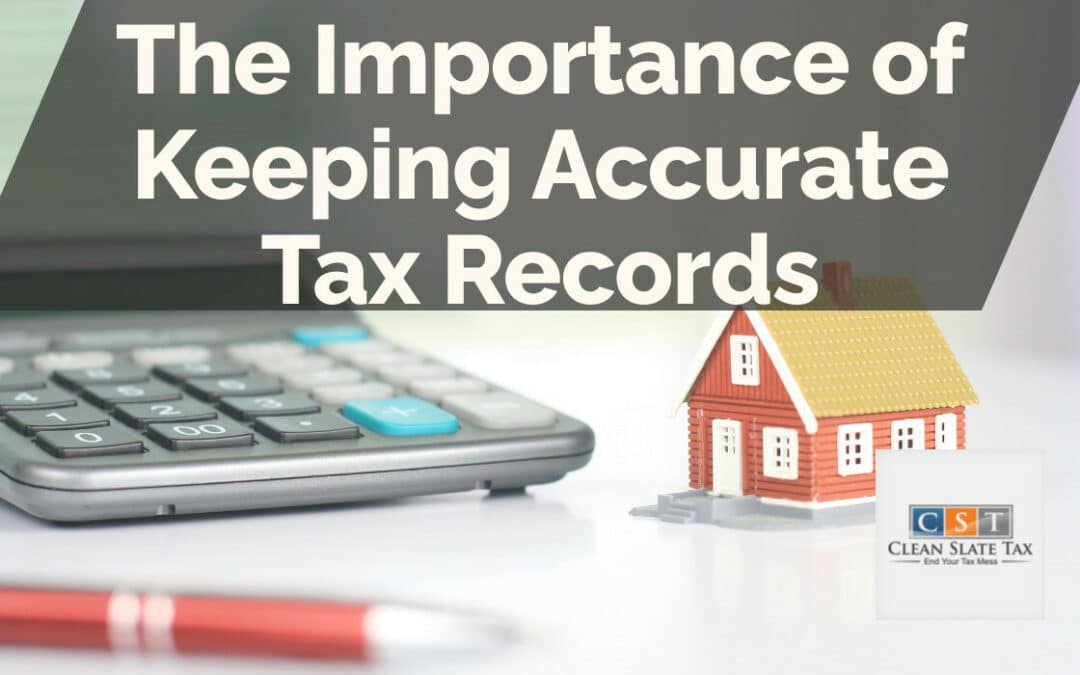Adherence to proper accounting practices forms a critical part of financial management. One area that particularly necessitates proper documentation is tax accounting. Keeping accurate tax records is crucial not only for individuals but also for businesses. This article aims to highlight the benefits of maintaining precise tax records and how it impacts your financial status.
Understanding the Importance of Accurate Tax Records
Exact and detailed tax records are pivotal because they provide individuals and businesses with financial clarity. They serve as a guide that details income, expenses, investments, and other financial activities. Maintaining these records can help streamline accounting processes, provide insight into financial health, and ensure tax compliance.
Benefits of Keeping Accurate Tax Records
Improved Financial Planning
Accurate tax records enable businesses and individuals to plan their finances effectively. These records offer a clear picture of financial performance, helping inform strategic decision-making.
Ensuring Compliance with Tax Laws
Disorganized or inaccurate tax records can lead to non-compliance with tax laws. Accurate tax records are proof of transactions, income, and expenses, serving as evidence of compliance with revenue regulations to ensure a straightforward audit process.
Faster Access to Loans
Lenders typically require detailed financial documents before approving loans. If tax records are properly maintained, they serve as credible proof of income, thereby speeding up the loan approval process.
The Consequences of Not Maintaining Accurate Tax Records
Not keeping precise tax records can lead to numerous hassles, including tax penalties and late fees, administrative difficulties during audit processes, slow loan approvals, and poor financial planning.
How Long Should Tax Records Be Kept?
It is generally recommended to keep tax records for a minimum of seven years to cover the period that an audit can review. Some records, like property deeds or stock certificates, should be kept indefinitely.
Frequently Asked Questions
What documents should I keep for tax purposes?
It is recommended to keep all documents related to income, expenses, home improvements, investments, and other financial transactions.
Can digital copies of tax records suffice?
Yes, digital copies of tax records can be a practical solution for maintaining records, provided they are stored securely.
What if I cannot find a necessary tax document?
If you cannot find a necessary tax document, contact the relevant authority immediately. This could be your employer, bank, or the IRS.
In conclusion, accurate record-keeping is a vital part of tax preparation, potentially saving individuals and businesses time, money, and frustration. By staying organized and maintaining meticulous records, you can simplify the process and ensure your accounts are in excellent standing.



